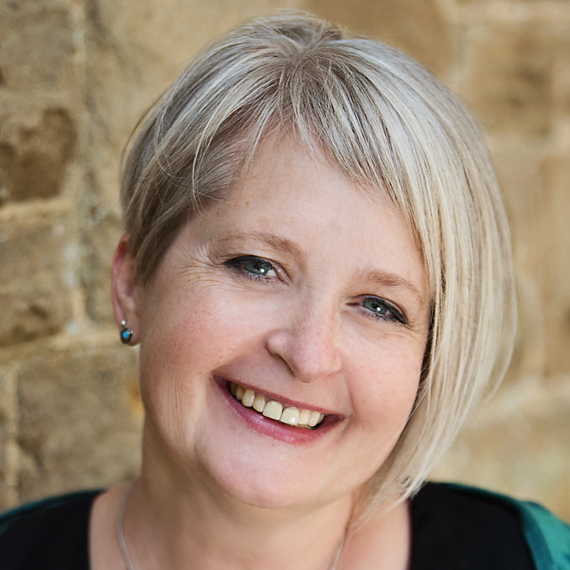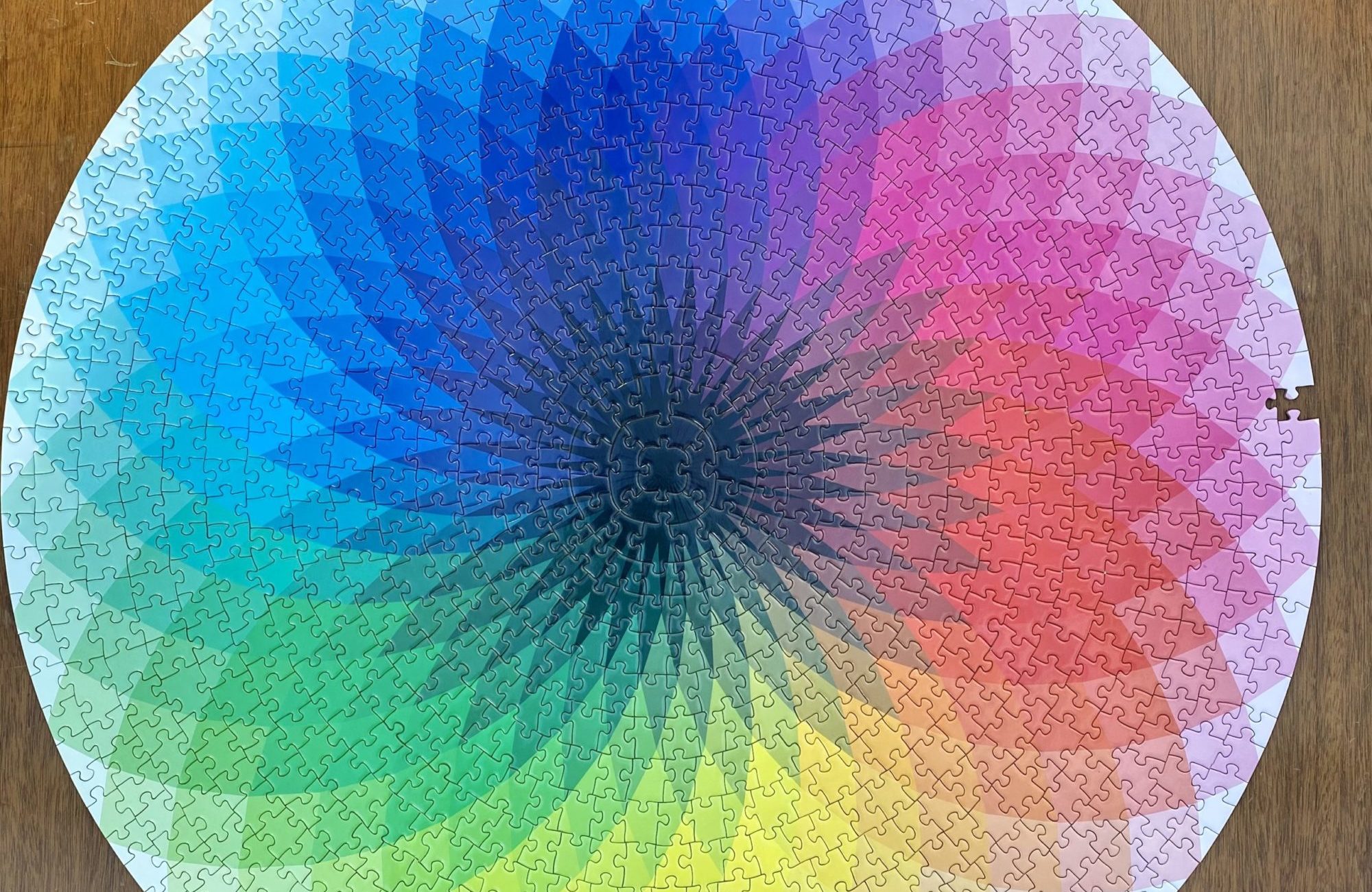I’m generally a very optimistic person, and quite adept at positively ‘reframing’ challenging situations in order to see what may be good, or hopeful in them. But I’d also like to think that I’m practical, pragmatic and realistic too – for all my positive spin, sometimes sh1t still happens.
Life can be very hard and all of us face pain at different times – whether emotional, physical or spiritual. Of course, our natural reflex is to avoid pain, and seek pleasure – and that’s why it can be so difficult for us to make changes in our lives.
Change is hard.
For example after weeks of over-indulgence over the holidays, it’s difficult and uncomfortable to exercise more, eat better, drink less alcohol, go to bed and get up earlier.
We set all these resolutions and positive intentions, and for a short while we’re kept going by the novelty of it and the newness of our resolve. But as we get back to normal routines and life ‘happens’, and we don’t see instant results that quite seem to reflect the effort we’re putting in, it can feel very discouraging and too much like hard work.
So we avoid that pain and go back to our old patterns – our self-esteem dipping ever lower as we add another ‘failure’ to the list of things our inner critic can throw in our face.
Part of our problem is that we’re caught up in a fantasy. The fantasy is that it’s natural and right that we should all be fit, healthy, happy, attractive, wealthy, resilient, sociable, likeable, active, tolerant, creative, funny, generous (add to the list from your own fantasy as appropriate) – and it should all come easily to us. If we’re not, and it doesn’t, there must be something wrong with us!
And of course, the more we worry about what’s wrong with us, the further away from our fantasy ideal selves we become.
The fantasy that the ideal version of ourselves is the ‘right’ way to be is also what fuels our desire for a quick fix; an easy, pain free, simple answer to get us from where we are now back to our ‘real’ selves – after-all, why should we suffer just to be who we’re supposed to be?
I get caught in this fantasy like everyone else, but I am finding that (slowly) I’m getting better at spotting it, and two things are making a massive difference in how successful I am at bringing about lasting, sustainable change in those areas I’d like to be better.
The first is simply accepting the reality of where, and how I am right now, in this very moment.
It doesn’t matter if it’s ‘good’ or ‘bad’ – it just ‘is’. And when I can accept that and let go of the stress, anxiety, frustration, worry (or whatever else I’ve been feeling about the gap between my reality and the fantasy), it’s liberating and suddenly I have a lot more energy, resilience and resourcefulness to call upon.
The second thing is to face into and stay with the discomfort.
So often the anticipation of discomfort is so much worse than the reality. Physically I found this when I was recovering from my broken leg – I quickly learned to differentiate between kinds of pain; the kind that’s telling me ‘you’re harming yourself – stop’, or the kind that was ‘this is hard and uncomfortable, but if you push through it you will heal better’.
It’s nearly 4 years since I broke my leg, and overall it’s healed well, but I realized there were still things I would avoid for the fear of the potential pain and discomfort -like running. If I ran at all, it was a strange lolloping limp.
So, partly because I’ve been working on my general fitness for some months now, I decided instead of avoiding running, I would be curious about the discomfort of it – what was making me limp? When does it hurt more? Where exactly is the pain? Does it last after I’ve stopped running?
By being curious about the discomfort and looking right at it, rather than avoiding, I’ve realized it’s nothing like as bad as I’d feared. I’ve found ways to adapt and manage it. On a treadmill my limp now is barely noticeable which considering my legs are different in how they feel (well one has a plate, pins and screw in that I can feel and one has not), I’m really proud of!
This principle also works for me in other areas.
Often I’ll procrastinate because I anticipate some emotional or cognitive pain or discomfort, but if instead I bring my curiosity and look more closely at what I’m really avoiding and why, I realise it’s not as bad as I fear or that the level of discomfort I know I can easily deal with in order to derive a much bigger benefit – a kind of short term pain, long term gain.
Don’t get me wrong, I’m not advocating a life of suffering and misery!
Just an acceptance that life is not all a bed of roses and some short term discomfort is not necessarily ‘bad’.
Change is hard – and that’s ok. We’re also imperfect human beings – and that’s ok too.
If you stumble on your change journey, just pick yourself up, remind yourself of why you set off on it in the first place and remember the pain of the journey is unlikely to be any worse than the pain of staying put!




